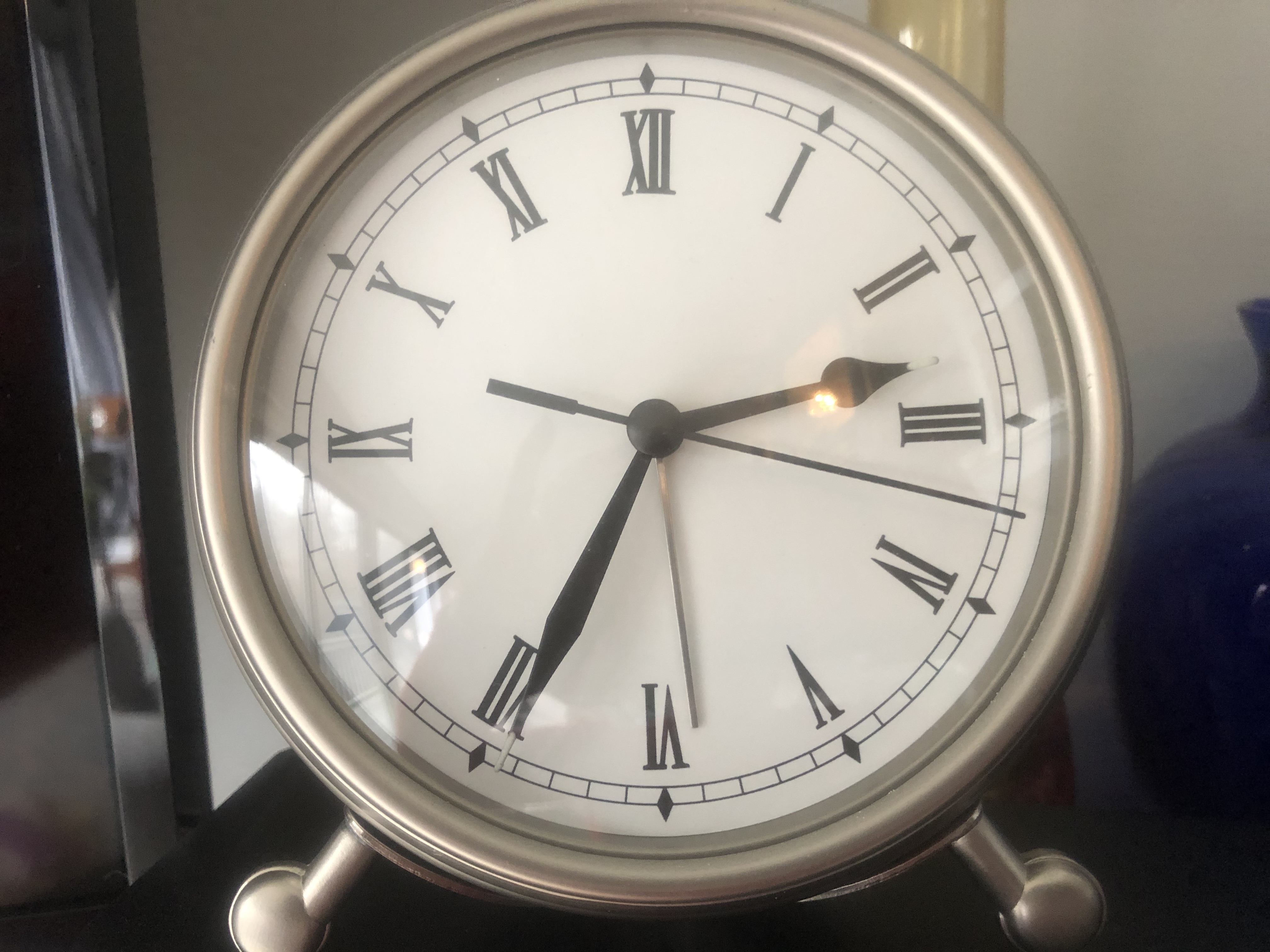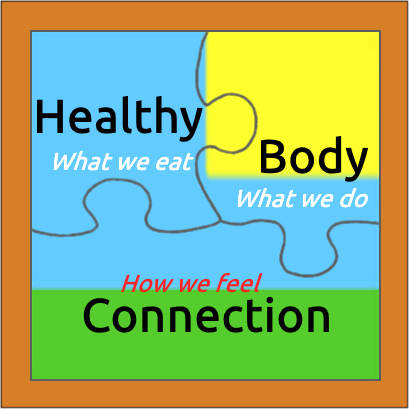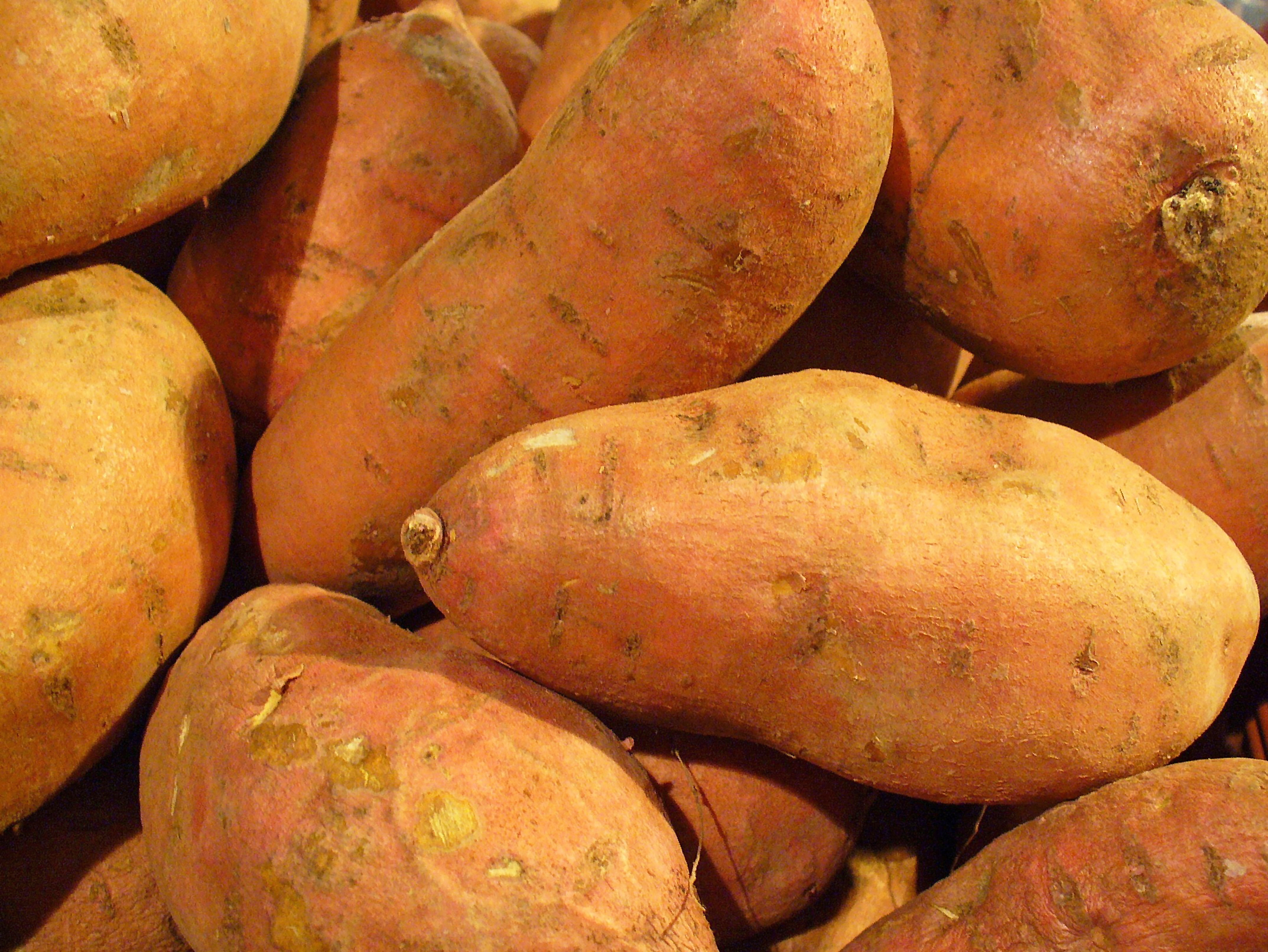
You probably know by now that the quality of the foods you eat has an undeniable impact on your health, weight, and mortality. You’ve probably heard me say before that food has the power to boost your health, or steal it away from you.
But did you know that when you eat might be just as important as what you eat?
Although I’m a big promoter of mindful eating, that’s not what I’m talking about today. What I’m talking about has more to do with our circadian clocks. Let me explain.
Almost everything in our bodies is controlled by an internal clock. When we sleep, when we eat, and when we are active are all examples of things that are controlled by our internal clocks. Our internal clocks are affected by daylight and darkness. Exposure to daylight, or darkness, tells our bodies when to release certain hormones. Hormones like cortisol, the stress hormone, are normally at the highest levels in the morning as our bodies are preparing for an increase in our activity levels. Conversely, melatonin levels are usually highest at night, in preparation for a restful night’s sleep.
Then there’s insulin, AKA the fat storing hormone. When there is too much insulin in our blood, almost all the energy from the food we eat gets pushed into our fat cells for storage, and is locked there. Too many insulin spikes over time can also lead to insulin resistance.*
Now, as you know, food is our body’s fuel, and as it turns out we are best able to use and burn this fuel during the day, when the sun is out. That’s because during the day, we have increased insulin sensitivity. This means our bodies are more responsive to insulin, and we’ll need less of it to take care of the foods we eat.
When we eat after sundown, we are messing with our circadian clock; that internal clock which is governed by daylight and darkness. When we eat after dark, we are eating at a time when we are least able to efficiently burn that food into fuel, and at a time when our bodies are the most insulin resistant. So, if you’re trying to maintain your weight or your blood sugar levels by eating at night, you are effectively shooting yourself in the foot.
Additionally, in the evening, your metabolism is winding down and your body is trying to prepare for sleep. When you have a late meal, or snack while you watch television, you could not only cause insulin spikes and weight gain, you could also end up throwing off your sleep cycle, causing you to experience a restless night. If you read my book, you know that sleep disturbances also have a huge negative impact on your health, mental acuity, and your weight.
Here’s another thought: your body is most able to handle carbs during the day when it is has the most insulin sensitivity. Maybe it would be better to enjoy a sweet treat, like a piece of fruit or some dark chocolate, during the day instead of for dessert after dinner. This would be especially true for people with insulin resistance or type 2 diabetes. It may also be worth considering having your more carb heavy meals before sundown.
Another good way you could work with your body and its natural clock would be to practice something called time restricted feeding. Time restricted feeding means that you limit the window in which you eat to an 8- 12 hour window.
Recent studies have shown that eating between the hours of 6 am and 6 pm is optimal for weight loss and good health, because those are the hours that have the most daylight, but you can choose the hours that feel the most natural for you. I usually eat between the hours of 11 am and 7 pm, because those are the hours that work best for my lifestyle. That being said, I am making a serious effort to curb my after dinner munching, and to eat my dinner a little earlier.
*Insulin resistance is a state in which the body becomes insensitive to, or unresponsive to, insulin. In a state of insulin resistance, more and more insulin is needed to handle the sugar in our blood. When the pancreas can no longer produce enough insulin to handle the sugar in our blood, it is called diabetes. Developing type 2 diabetes is akin to developing an intolerance to carbohydrates.
Resources
Dirk Jan Stenvers, Frank A. J. L. Scheer, Patrick Schrauwen, Susanne E. la Fleur & Andries Kalsbeek “Circadian clocks and insulin resistance” Nature Reviews Endocrinology 12/07/2018 https://doi.org/10.1038/s41574-018-0122-1



